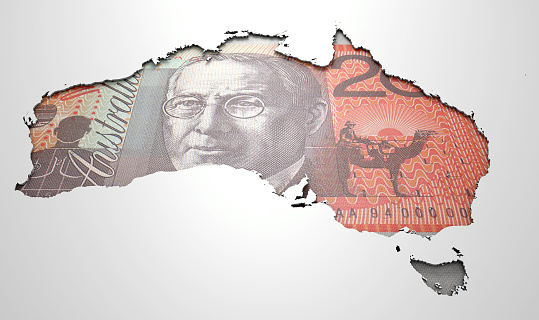AUD/USD has posted small gains in the Tuesday session, after starting the week with considerable gains. In North American trade, AUD/USD is trading at 0.6989, up 0.16% on the day. In economic news, Australia retail sales fell 0.1%, the first decline in four months. This missed the estimate of 0.2%. Australia’s current account deficit narrowed to A$2.9 billion in the first quarter, thanks to a record high goods and services surplus of A$13.6 billion. Later in the day, Australian GDP is expected to climb 0.4% in Q1, compared to 0.2% in Q4 of 2018. In the U.S., the sole event was Factory Orders. The indicator declined by 0.8%, above the estimate of -1.0%. This marked the second decline in three months. On Wednesday, the U.S. releases ADP payrolls and ISM Non-Manufacturing PMI. Australia will post trade balance.
The RBA has maintained rates at 1.50%, despite the weaker Australian economy, which has been hurt by the slowdown gripping the Chinese economy. Critics would argue that the bank has been in denial, as bank members have sounded dovish about the economy but haven’t lowered rates in order to stimulate growth. However, the RBA is expected to cut rates to 1.25% at the upcoming meeting. If the rate statement or comments from RBA Governor Lowe are dovish, the Aussie could lose ground.
Note: we have created a profitable forex advisor with low risk and stable profit 50-300% monthly!
The U.S. economy continues to perform well, with first-quarter growth above the 3% level. Second estimate GDP posted a gain of 3.1%, matching the estimate. This was just shy of the initial estimate in April, which came in at 3.1%. The U.S. economy is firing on all cylinders, despite the nasty trade war with China, which has escalated in recent weeks. U.S. officials, including President Trump, had announced that substantial progress had been made, and it seemed that a trade deal was just around the corner. However, Trump shocked the markets by slapping further tariffs on China, which led to counter-tariffs against U.S. products. China has reacted angrily to U.S. trade sanctions on Huawei, a giant Chinese telecom company. The euro has managed to weather the latest crisis in the U.S.-China trade war, but if there is no improvement, higher risk apprehension could make the Aussie less attractive to investors.


 Signal2forex.com - Best Forex robots and signals
Signal2forex.com - Best Forex robots and signals




